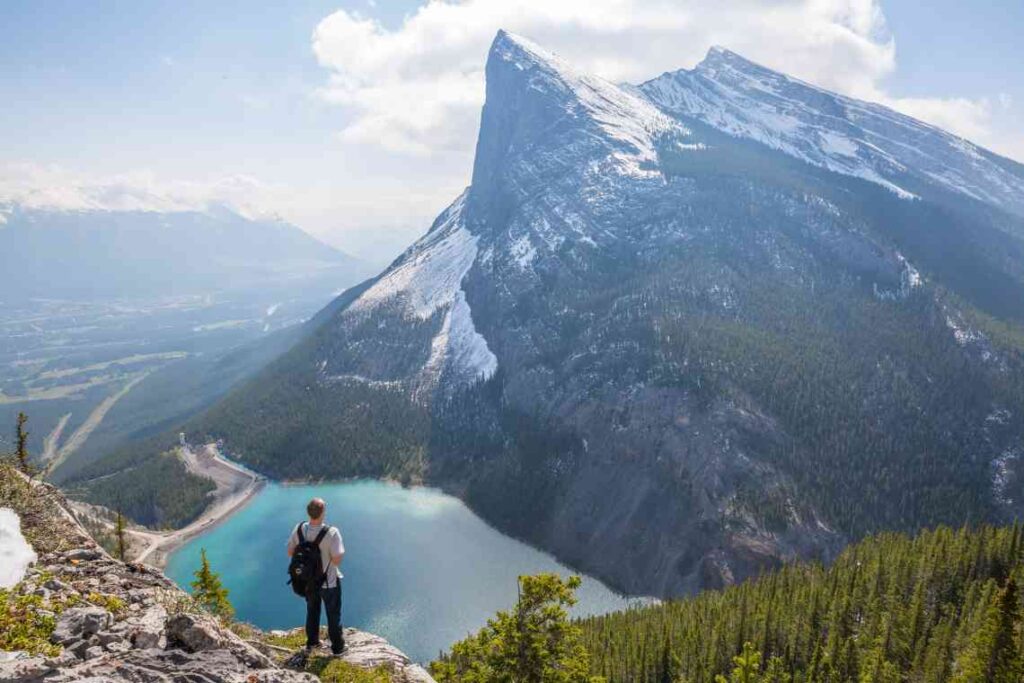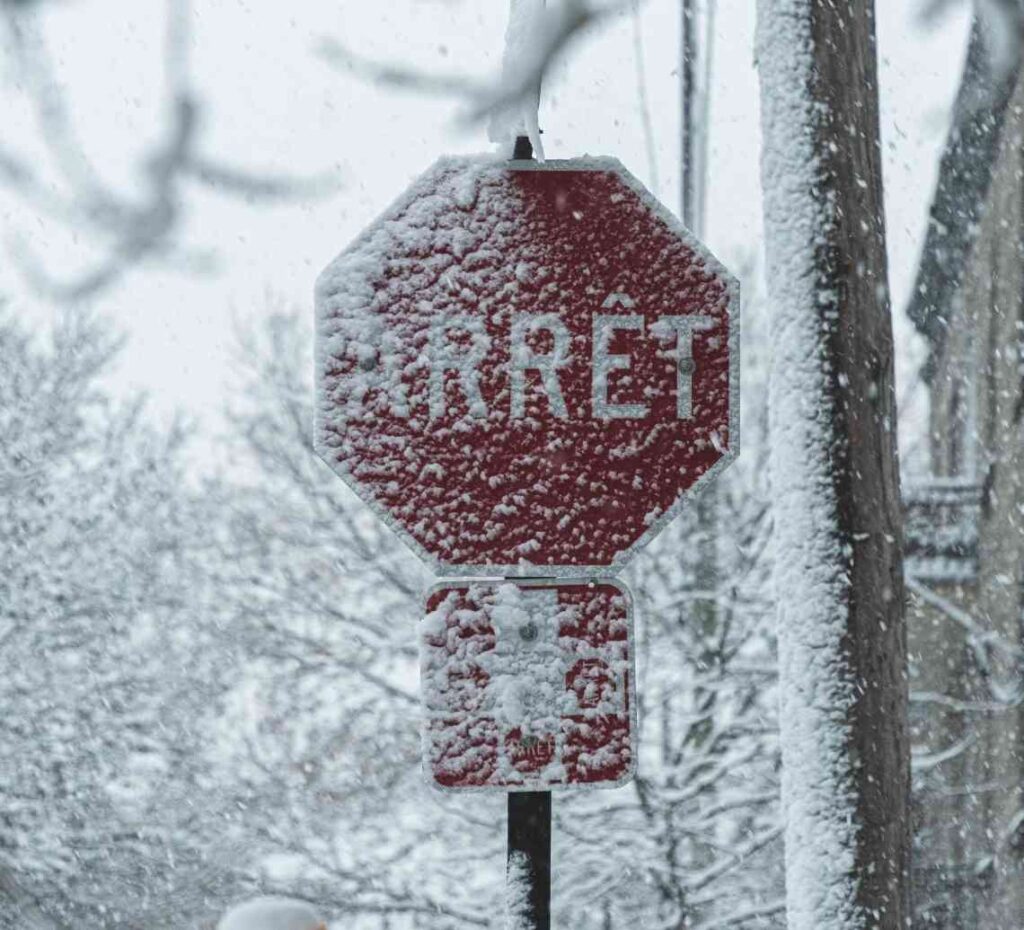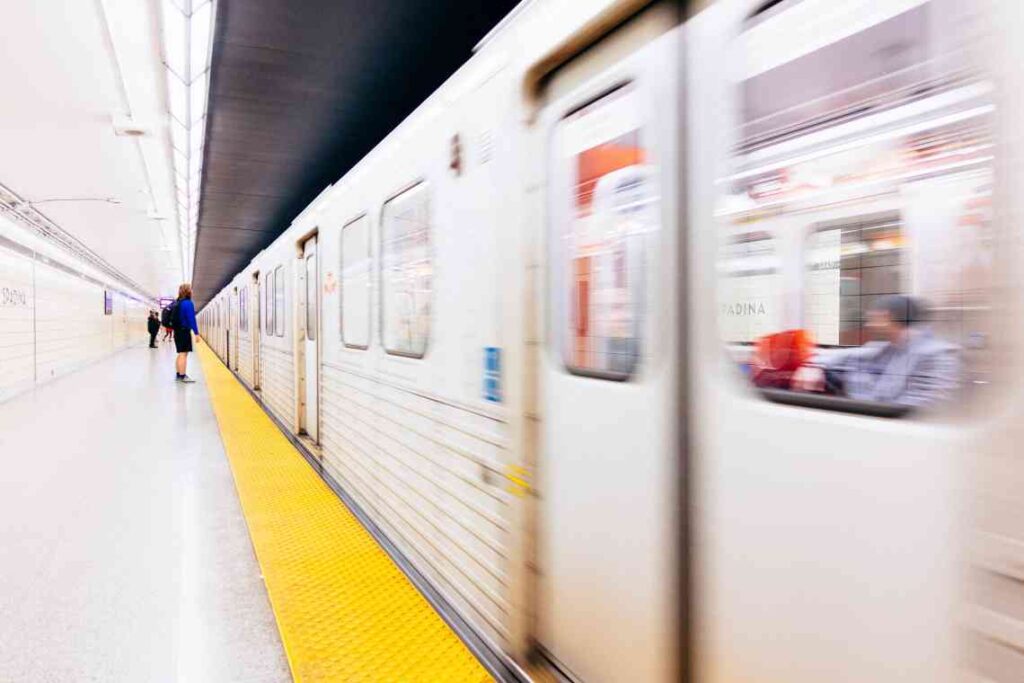If you are traveling to Canada for the first time, you may have some questions: How cold does it get in the winter? Does everyone speak English? Do I need to rent a car? Is everyone really friendly?
We will try to answer some of these questions, and give you useful information about what foreigners should know before visiting Canada. Whether you are coming from the US or abroad, you can feel more prepared for your trip after reading our guide and tips!
Weather

Canadian weather is a study in extremes. Winter temperatures hover at or well below freezing depending on where you are in the country, while summers can be hot and humid. If you are visiting in the winter, you definitely want to pack a warm coat, plus clothing you can layer. And don’t forget snow boots, a hat and gloves! You should also plan to pack clothing you can layer in the summer, especially if you will be spending time outside or in the mountains, as you may get chilly in the evening and early morning. If you plan to visit Vancouver or the eastern maritime cities and provinces, also be sure to pack an umbrella or rain jacket as you are likely to encounter showers.
Distances
Just in case you were thinking you could see Montreal and Toronto, then go hiking in British Columbia in the span of one week, think again. Canada is the second-largest country in the world by land mass (Russia is the largest) and getting anywhere by plane or by car is going to take awhile. If you have a limited amount of time to visit, it’s best to pick one city or region to explore. If you want to see more of the country and will have to fly, be sure to allocate 2 weeks or more.
Language

First things first: You will be fine getting around Canada if you only speak English. However, the country has two official languages, and if you visit Quebec you will quickly notice that everything is in French. If you choose to drive here, be aware that the road and street signs throughout the province are in French, so a passing knowledge of a few French words will benefit you. In Montreal, almost everyone you encounter will speak English, but if you venture into more rural parts of Quebec, you may find a translation app (or good old fashioned pointing and miming) will be useful.
Tipping
The tipping culture in Canada is similar to that in the US, where it is expected for service at restaurants and other places, rather than being included in the bill. While no one will force you to leave a tip, it’s best to add a minimum of 10% to your bill, although 15-20% is more the norm, especially if you had great service. At bars, you can leave CAD 1 per drink if you’re sitting at the bar, and more if you have table service and are ordering cocktails or something more complicated than beer or wine.
Transportation

If you are visiting a Canadian city like Toronto, Montreal or Vancouver, you can likely get around with public transportation (buses, metro and regional trains and trams) and taxis. For every other part of Canada outside these metro areas, you’re going to need to rent a car. There are often great distances between cities and you should plan accordingly, especially if you come from a country that isn’t very large. Driving for several hours to get to a destination is normal in Canada!
Measurements
Canadians use a mix of metric and imperial measurements in everyday life. If you plan on driving here, you’ll notice everything uses the metric system, so kilometers per hour, gas sold in liters, etc. Temperatures are also usually given in Celsius. This will probably only be an adjustment if you come from the US, but it’s something to be aware of.
Culture
So, are Canadians really as friendly as the stereotypes? All answers point to yes! If you’re in the country long enough, you’ll also get used to hearing “Sorry”, whether from a Canadian who bumped into you, or a Canadian who bumped into an inanimate object and apologized to it. If you need directions or another kind of assistance, someone (or multiple people) will step up.
Drinking age

You can step up to the bar and order a drink from the age of 18 or 19 in Canada. If you’re in Alberta, Manitoba or Quebec, the legal drinking age is 18, and it’s 19 in the rest of Canada. These ages apply to both buying and consuming alcohol, and of course, drinking and driving is a no-go.
Travel Documents
If you’re coming from the US, you don’t need a visa to travel to Canada, but you do need a valid passport. If you are from another country, you’ll need to apply for an Electronic Travel Authorization (eTA) to fly to or transit through a Canadian airport. If you are entering by land or sea, you should check if your country is exempt from having to get an eTA. Travelers from certain countries need to get a visa to visit Canada, whether you will be entering by air, land or sea.